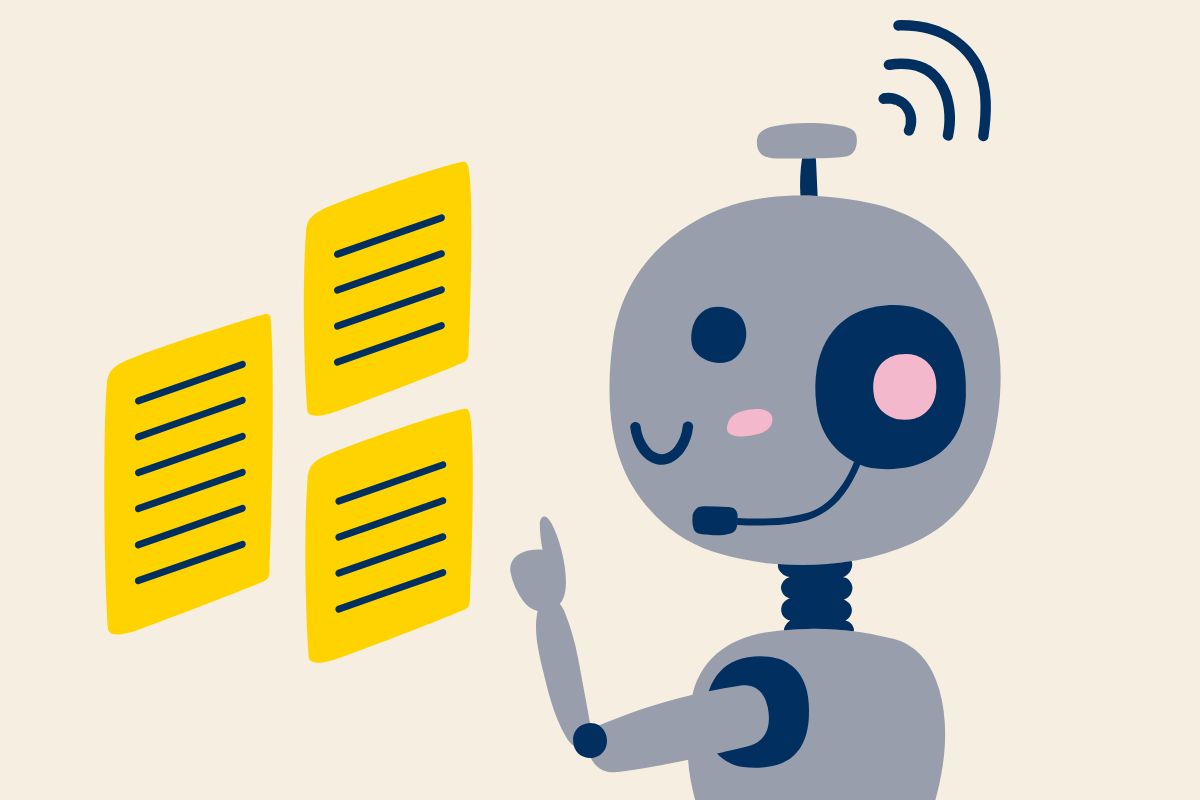
So, I asked ChatGPT how you should spend your SWOTVAC time. Here is its response. I added a few notes along the way (in italics) to expand on some of the ideas.
Here are some tips for students currently in SWOTVAC (Study Without Teaching Vacation):
1. Plan and prioritize: Create a study schedule or to-do list, outlining the specific tasks you need to accomplish during SWOTVAC. Prioritize your tasks based on their importance and allocate dedicated time slots for each subject or topic. We aren’t great at estimating how long things will take us (usually underestimate), so if possible, be generous in the time you allocate to important tasks.
2. Break it down: Break your study sessions into manageable chunks to avoid feeling overwhelmed. Focus on one topic or concept at a time and take short breaks in between to rest and recharge. As a simple rule of thumb, if a task feels overwhelming, it is a good sign to break it up further.
3. Stay organized: Keep your study materials, notes, and resources organized and easily accessible. Use folders, labels, or digital tools to maintain a systematic approach to your study materials. You can use your organisation system as a bit of mental model of what you have to learn. Remember key information by remembering where in your organisation scheme it fits.
4. Find a conducive study environment: Identify a quiet and comfortable place where you can concentrate and minimize distractions. Ensure you have all the necessary resources and a reliable internet connection if needed. If you don’t have a nice space at home, consider finding a spot on campus. I like the library but there are plenty of other spaces as well (e.g. Oasis). There are quite a few ways to make a nice study space.
5. Take care of yourself: Remember to prioritize self-care during SWOTVAC. Get enough sleep, eat nutritious meals, and engage in physical activities or relaxation techniques to reduce stress and maintain overall well-being. It is normal for healthy routines to take a hit during periods of high productivity but protect as many of them as possible. Sleep is probably key as it is central in learning (when we sleep, we consolidate important things learned during the day).
6. Utilize resources: Take advantage of available resources such as textbooks, lecture notes, online tutorials, practice exams, or study groups. Seek clarification from professors, teaching assistants, or classmates if you have any doubts or questions. I remember being intimidated by my lecturers. But it turns out they were human beings and wanted students to do well. If you get stuck and can’t navigate your way through, consider making contact with one of them. Show them that you’ve tried to make your way through but have got stuck. If they see you’ve made the effort, they will typically respond in-kind.
7. Practice active learning: Instead of passively reading or memorizing, engage in active learning techniques such as summarizing information in your own words, teaching concepts to others, or solving practice questions to reinforce your understanding. This is where practice tests, flash cards and study group testing comes in handy. Memory is a two-part process. Encoding is getting information into our brains. Retrieval is getting information out of our brains. We need to practice both to learn effectively. So test yourself, or get a study partner and test each other.
8. Breaks for rejuvenation: Take regular short breaks during your study sessions to give your mind a rest. Engage in activities you enjoy, such as going for a walk, listening to music, or practicing mindfulness, to rejuvenate and recharge. Look for a break at least every 90 minutes. Get away from screens. Outside is good. Deep breaths, movement, interaction, still contemplation. Something that gives your working memory and eyes a bit of a rest/reset. Maybe this coherence breathing technique (watch it once to learn method, then the music can guide you without needing the screen)
9. Avoid procrastination: Stay disciplined and motivated by avoiding unnecessary distractions, such as social media or excessive leisure activities, during your scheduled study time. Stay focused on your goals and remind yourself of the importance of your studies. Even just learning to notice when you are procrastinating, and the method is a useful circuit breaker for avoidance. When you catch yourself watching YouTube, or texting friends, there isn’t any need to punish yourself. Simply notice and then make the commitment to return to your studies. You’ll likely need to do this often, as procrastination is a common companion during times of pressure.
10. Stay positive and maintain balance: Keep a positive mindset and believe in your abilities. Remember to take breaks and engage in activities that bring you joy to maintain a healthy work-life balance. Two mental tools that can be useful during stressful times are positive reframing and gratitude. Positive reframing involves looking at a difficult situation and trying to see if there are any positives to be had (it isn’t about pretending the negatives don’t exist, but rather trying to take a balanced view). Gratitude involves a mental search of your day/life and the location of things for which you are grateful. For example, you might be feeling stressed about exams, but grateful that you get the chance to study at uni. Neither technique is about pretending it isn’t stressful, but both techniques recognise that many moments of pressure also contain opportunities for growth and positive characteristics.
Remember, SWOTVAC is an opportunity to consolidate your knowledge and prepare for exams effectively. Stay dedicated, organized, and balanced to make the most of this period and achieve your academic goals. Good luck! ChatGPT is always so positive!
Editors note: I’m thinking of all of you as you prepare for exams or put the final touches on assignments. Not long now and you’ve made it through the semester. Best wishes.

